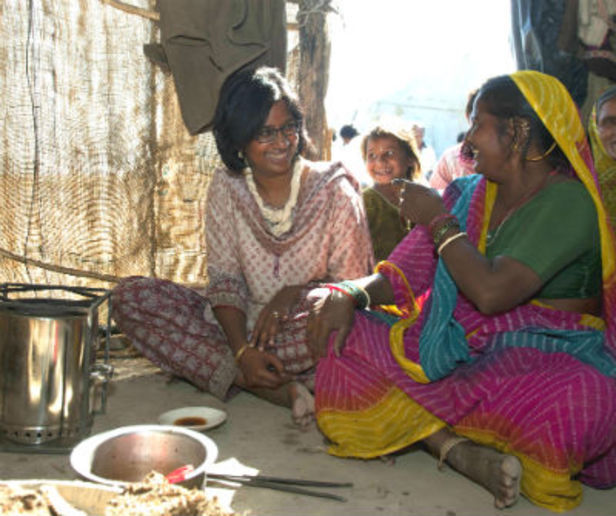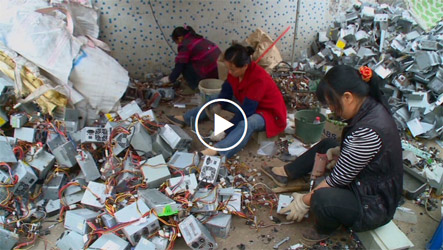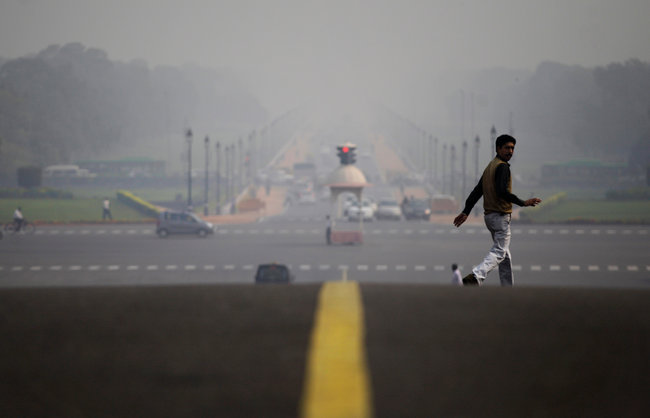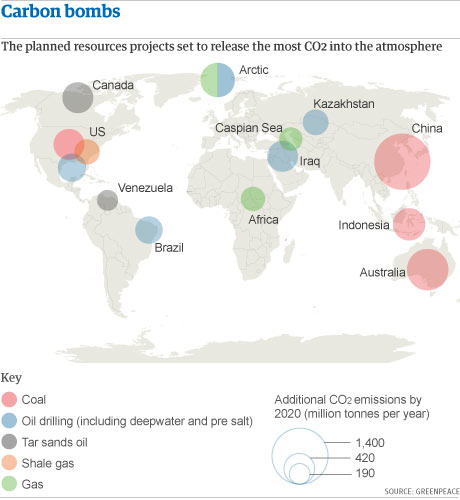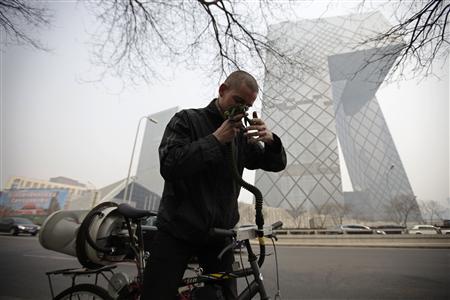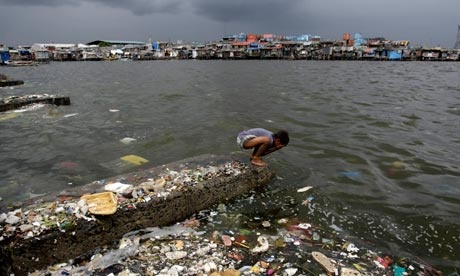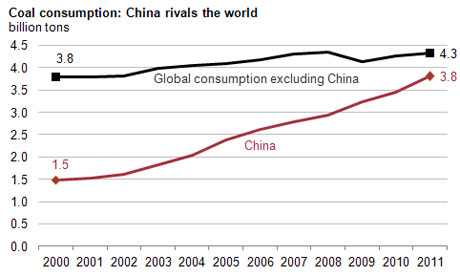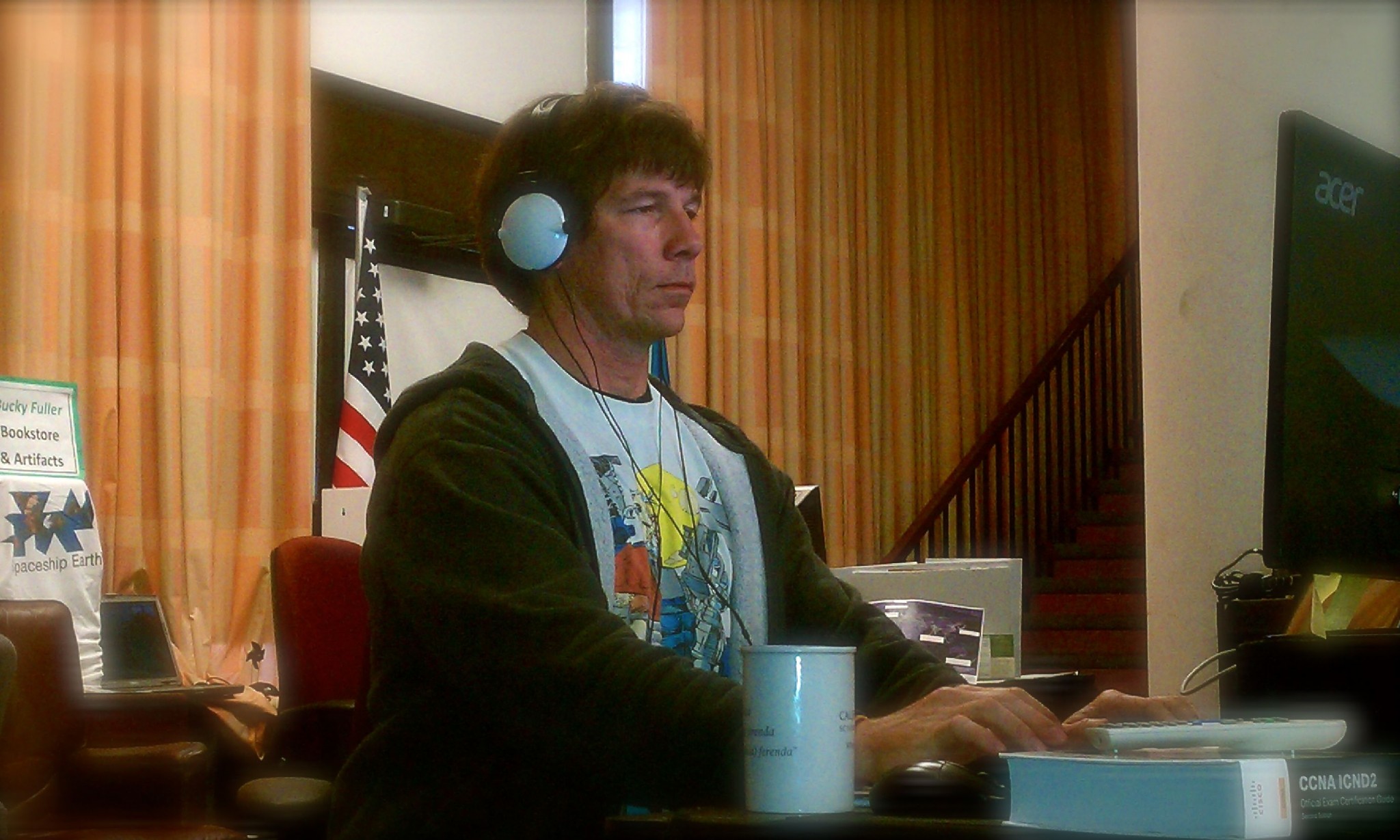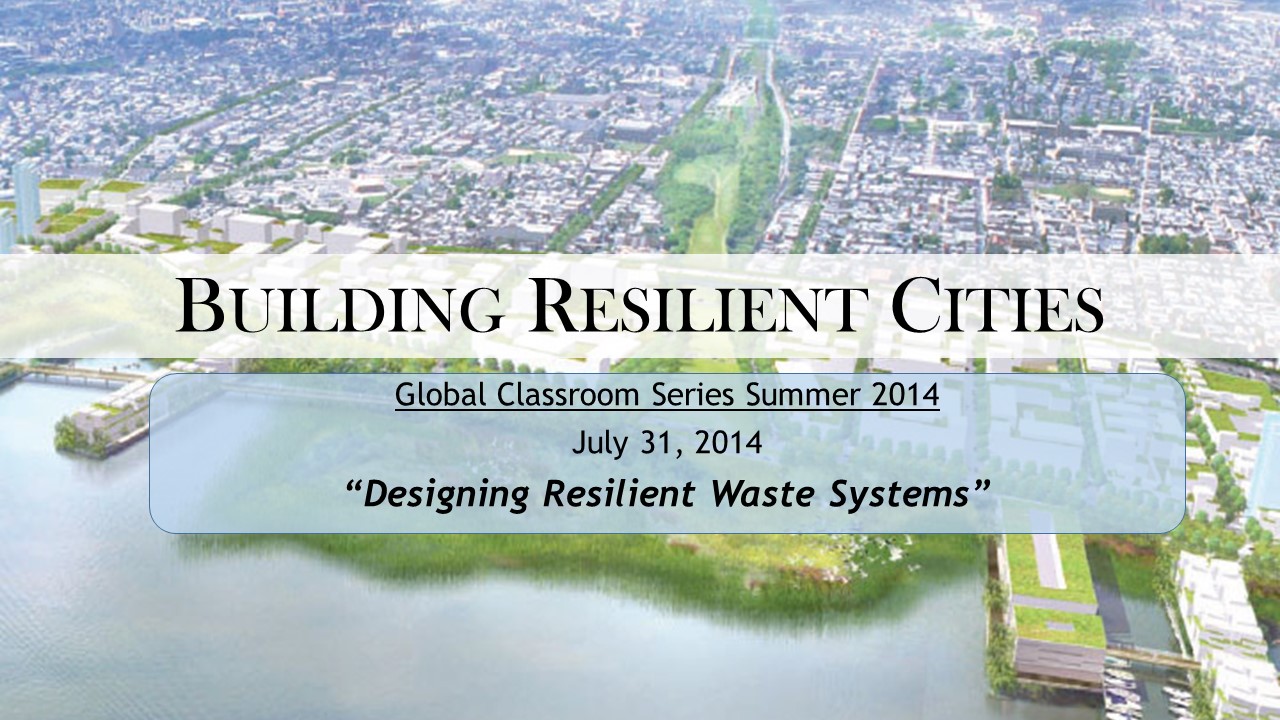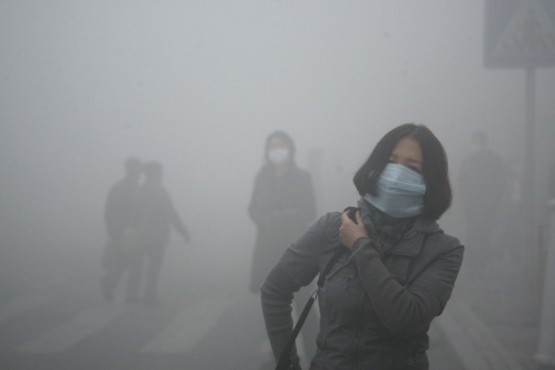Air Quality
Submitted by ysp013 on
China: The electronic wastebasket of the world
Submitted by ysp013 on
Asian Cities’ Air Quality Getting Worse, Experts Warn
Submitted by ysp013 on
China and Australia top list of 'carbon bomb' projects
Submitted by ysp013 on
Air pollution scourge underestimated, green energy can help: U.N.
Submitted by ysp013 on
Environmental threats could push billions into extreme poverty, warns UN
Submitted by ysp013 on
China burns half of coal consumption worldwide, figures show
Submitted by ysp013 on
Michael Russell
Submitted by Philosopher3000 on
Building Resilient Cities 08 Designing Resilient Waste Systems Title Slide
Submitted by wrscpmd on
4 percent of Chinese cities report clean air
Submitted by shermmarshall on



